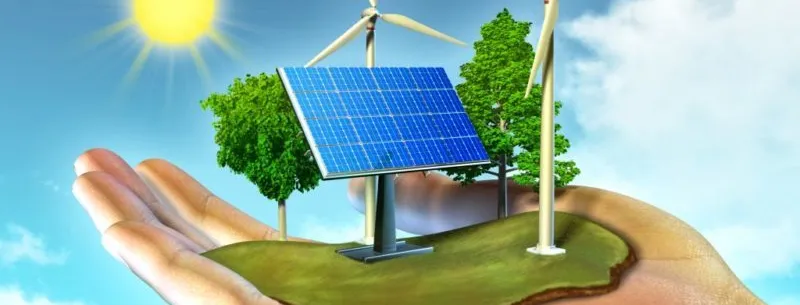No Transparency Leaves too Many Unknowns for Rural Kansas
63 Kansas Counties are targeted for 56 Industrial Solar Projects, 46 Industrial Wind Projects and 27 various Battery Storage Projects that will produce 150,000 MW for the Federal Energy Department in conjunction with the Regional Partner the Southwest Power Pool. The minimum amount of land for these projects that will produce that quantity of Power will range from 1.3 million Acres for Wind, 136 thousand Acres for Solar, with millions of solar panels as high as 7 ft high. If you would like to check your county and project detail please CLICK HERE.
Why it Matters
Kansas Counties base county budgets off Mil levies assigned to property values. Determining Land Use of property determines the percentage of tax property owners are charged. Agricultural Land varies by Soil structure and production expected off the acreage, so the question will be If the Topsoil is removed for Industrial Solar how does that impact the taxing classification? The next question would be if leases are over a period of 45 to 99 years, is the land classification Industrial since the description of production no longer is agriculture? Does the classification of the land move to Industrial, leaving the landowner responsible for a larger tax burden? Will this Energy Source be considered Renewable under the Ks Statutes that address taxing and exemptions for Renewable Energy? Questions on utility rate increase on Kansas customers to pay for projects, safety, disposal, contamination, even the human rights when it comes to Industrial Solar Panels imported from Malysia or China have to be questions. Solar Manufacturers in the United States import these panels across Canadian Borders and truck them to states just like Kansas. Most U.S. manufacturers own plants in Malysia or partner with China because of abundance of material that are labeled a health risk and cheap labor. Many of these companies are listed on the World Human Rights Violation site, CLICK HER FOR MORE INFORMATION.
Unintended Consequences for Property Owners Caught in the Middle
There is no better example of NO transparency than what is happening in Linn county, a county that is host to the La Cygne power plant, a 1,598.9 MW COAL fired power project owned by Evergy. Landowner Mark Briggs lives on his family’s farm in rural Linn county. He is continuing the traditions of growing up in rural Linn County to raise his children. The solar and battery storage projects proposed in Linn County is near his property. The projects equates to 1.714 MW of power, which Evergy’s will profit from. Estimation of the area required for these projects equate to over 10,000 acres of ground and a large percentage of land leases have been acquired, most from out of county property owners. Mark and other generational farmers find their properties caught in the middle of the proposed projects. Their properties now face significant devaluation in market value when fully disclosed to a buyer the situation. Mark finds himself spending less time coaching his son in wrestling and spending more time in commission meeting. Engaging in the process has been educational, but property owners must be their own advocate when it comes to local zoning. CLICK THE VIDEO BELOW TO HEAR LINN COUNTY’S STORY AND TO SIGN THEIR PETITION TO PROTECT THEIR VALUABLE FARMLAND. You can also follow Linn County’s Facebook Page.
Why Every Kansan Should Engage in the Public Conversation
What will be the future of Kansas will be determined by Her people and that picture can only be painted by property owners that understand it is ownership of land that inherently secures the individuals rights. The framers of the Constitution treated private property as the cornerstone of a free society and Kansas should do the same. Engaging in the process at the local level will shape the future of our cities, towns and counties. Contact us if we can possibly guide you to resources!



